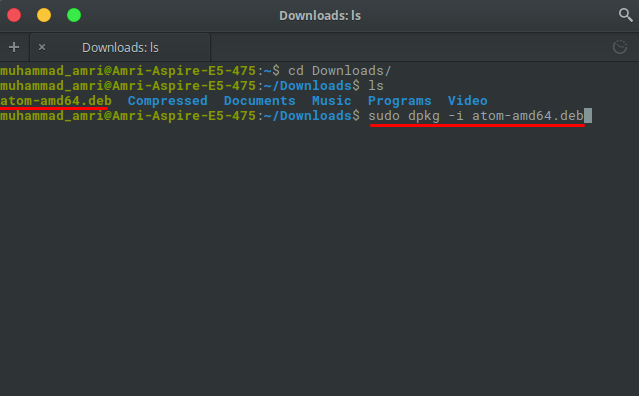

Now we simply have to download the package with its dependencies. The output will be more or less like this: nombre-del-paquete Therefore, in order to know the list of all the dependencies of a package, we must execute the following command sudo apt-cache depends nombre-del-paquete

Although for this case we can use another method.Īnother way to do this is to first download the dependencies of the program we need. So you should clean the cache if you don't want to carry unnecessary packages. Now the problem with using this method, although it seems simple, is that the cache folder not only stores the package you just downloaded with its dependencies, but also contains many more packages that have been installed on the system. To install the downloaded packages, just go to the copy we made and install it with the following command: sudo dpkg -i * Now we can simply proceed to copy the entire cache folder on any pendrive to later make use of those downloaded packages. This is the simplest and most direct method.įor this just run the following command to download a package with all the dependencies without installing them: sudo apt-get install -download-only nombre-del-paqueteĪll downloaded files will be saved in folder / var / cache / apt / archives.

To to locally download packages with dependencies in Debian, Ubuntu and derivatives, you can one of the following methods. How to download deb packages with dependencies locally? For example, you can download 32-bit packages from a 64-bit system and vice versa. It is also possible to download packages for different architecture systems. Using this method, we can download packages from a system and install them later on the same system or on any other system that does not have an Internet connection.


 0 kommentar(er)
0 kommentar(er)
